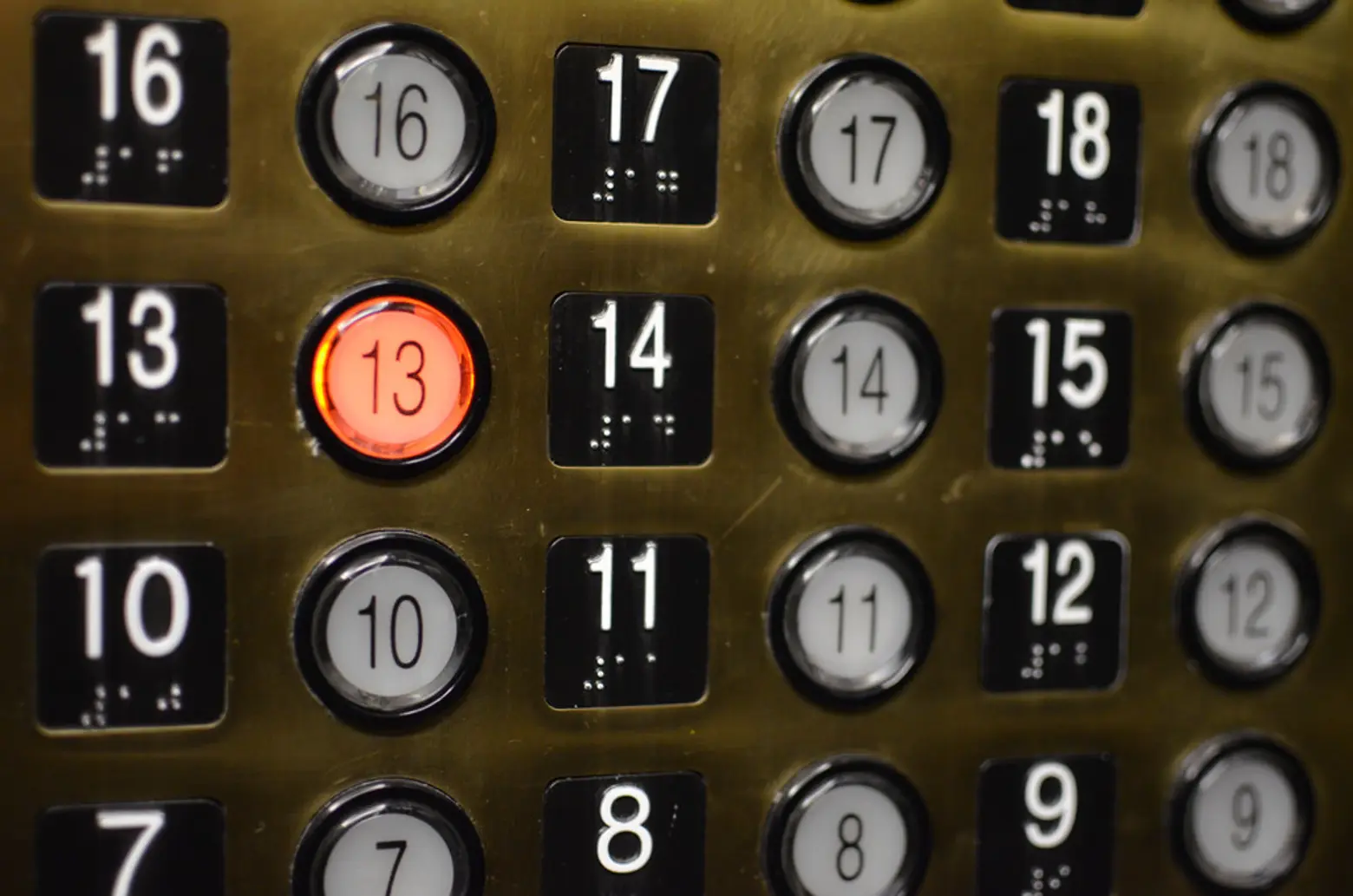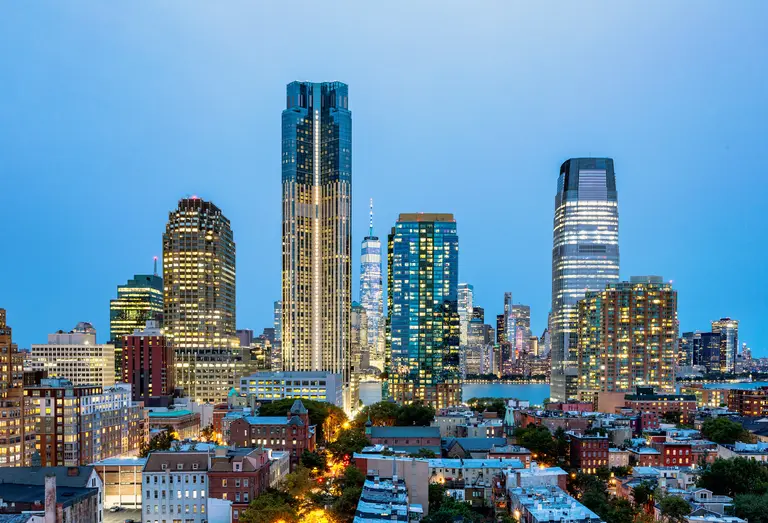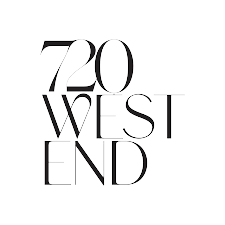Feeling lucky? Why some New Yorkers consult a numerologist before renting or buying

Photo via Flickr cc
No one ever said that the New York City real estate market was easy to understand or even entirely logical. Still, you might not expect numerology to be among the knowledge sets required to fully navigate the market. But from good luck and bad luck floors to lucky number combinations, numerology plays a surprisingly significant role in how some units are priced, how quickly they sell, and most importantly, to which buyers.
Lucky and unlucky numbers
Depending on your background, your idea of what constitutes a lucky or unlucky number will likely differ. According to the Jewish numerology tradition, gematria, 18 is associated with chai or life, making units on the 18th floor especially attractive. If you’re Chinese, you’re more likely to view eight as lucky as it is equated with prosperity. In other traditions, including the Hindu Vedic tradition where the influence of each number is connected to a planet, other numbers rule—for example, three is associated with Jupiter and the qualities of being strongly built and healthy.
The most obvious unlucky number in many Western and Eastern traditions is 13, but 13 isn’t the only number that has a bad reputation and impacts housing. While Chinese buyers may be attracted to units located on the eighth floor, many Indian buyers avoid the eighth floor, since the number is associated with obstructions and obstacles.
For Chinese buyers, fours are also generally considered unlucky. For the Japanese, nine, which is pronounced “ku” and sounds much like the Japanese word for torture, is also generally avoided for obvious reasons.
How developers and real estate agents take numbers into account
While lore about lucky and unlucky numbers may be steeped in superstition, in New York City, it actually does impact the structure of many buildings. In 2015, The Atlantic ran an article on numerology and real estate. Relying on CityRealty data, they found that among 629 buildings with 13 or more floors, only 55 had a 13th floor. In most cases, the 13th floor had been renamed—for example, it existed but was labeled 14, 12B, 14A, or M, which is the 13th letter in the alphabet. If the Penthouse landed on the 13th floor, it was just converted to P.
But in an international city where developers are just as likely to be selling to people who fear the 13th floor as they are to be selling to buyers from other places in the world who may want to avoid the fourth or ninth floor instead, how does one balance the numbers gain?
At the time of writing this article, I found no evidence of New York City developers excluding the fourth floor. What is clear is that when it comes to selling units, floor numbers are a factor. Most local real estate agents know that if you’re selling to a Chinese client, for example, there is a chance that they may view a fourth-floor unit with as much suspicion as many buyers view a 13th-floor unit.
Some New Yorkers consult a numerologist prior to renting or buying
To purchase real estate in New York City, you already need an agent, attorney, and housing inspector, so one might wonder why anyone would want to add another professional to the mix. Still, some buyers do go the extra mile and consult a numerologist before buying. People who seek out the help of a numerologist aren’t just looking for a list of lucky and unlucky numbers. Numerologists dig deep to discover one’s personal lucky number of lucky combination.
Novalee Wilder, a New York-based numerologist, explains:
“Numerology is an ancient esoteric science that works with the vibration of numbers and letters. Numerologists look at the numbers in your birthday to see your personality, strengths, challenges, and natural gifts. Then we look at your entire name to see how it is supporting or getting in the way of you living your full potential. Your name puts a filter on how you experience life. Some name vibrations can push us out of essence and down paths that don’t fulfill us.”
As a numerologist, Wilder says her job is to “translate” these vibrations, and this can have a huge impact on where one lives. “I ask my clients what they’re looking for and see what fits with the energies of their essence,” says Wilder. “If multiple people have to live there, I look for spaces—numbers—that have an energy that does not create conflict.”
Unfortunately, some of Wilder’s clients have failed to take her advice and paid a price:
“I’ve had clients who moved into apartments against my advice and had to move again within 6 months because everything was falling apart. This scenario often occurs when someone with the base number 4 (born on the 4th, 13th, 22nd or 31st in any month of any year) moves into a home where the digit sum is 8 – like 14-57. Or in reverse when someone with the base number 8 (born on the 8th, 17th or 26th in any month of any year) moves into a home where the digit sum is 4 – like 355.”
But when it comes to housing, according to Wilder superstitions about lucky versus unlucky floor numbers may be a mere distraction. “House numbers are more important than apartment numbers or floor numbers when we look at it from a numerological perspective,” Wilder said. She also notes if you live in a multifamily unit, your vibration likely won’t be as strong because the vibrations of all the inhabitants will impact the address’s overall vibration.
Interested in calculating your home’s vibration? Read Wilder’s recent article on how to calculate your home’s vibration. If things aren’t adding up, Wilder also offers advice on how to change your home’s energy by giving your home a name or adding a new number.
RELATED:




























